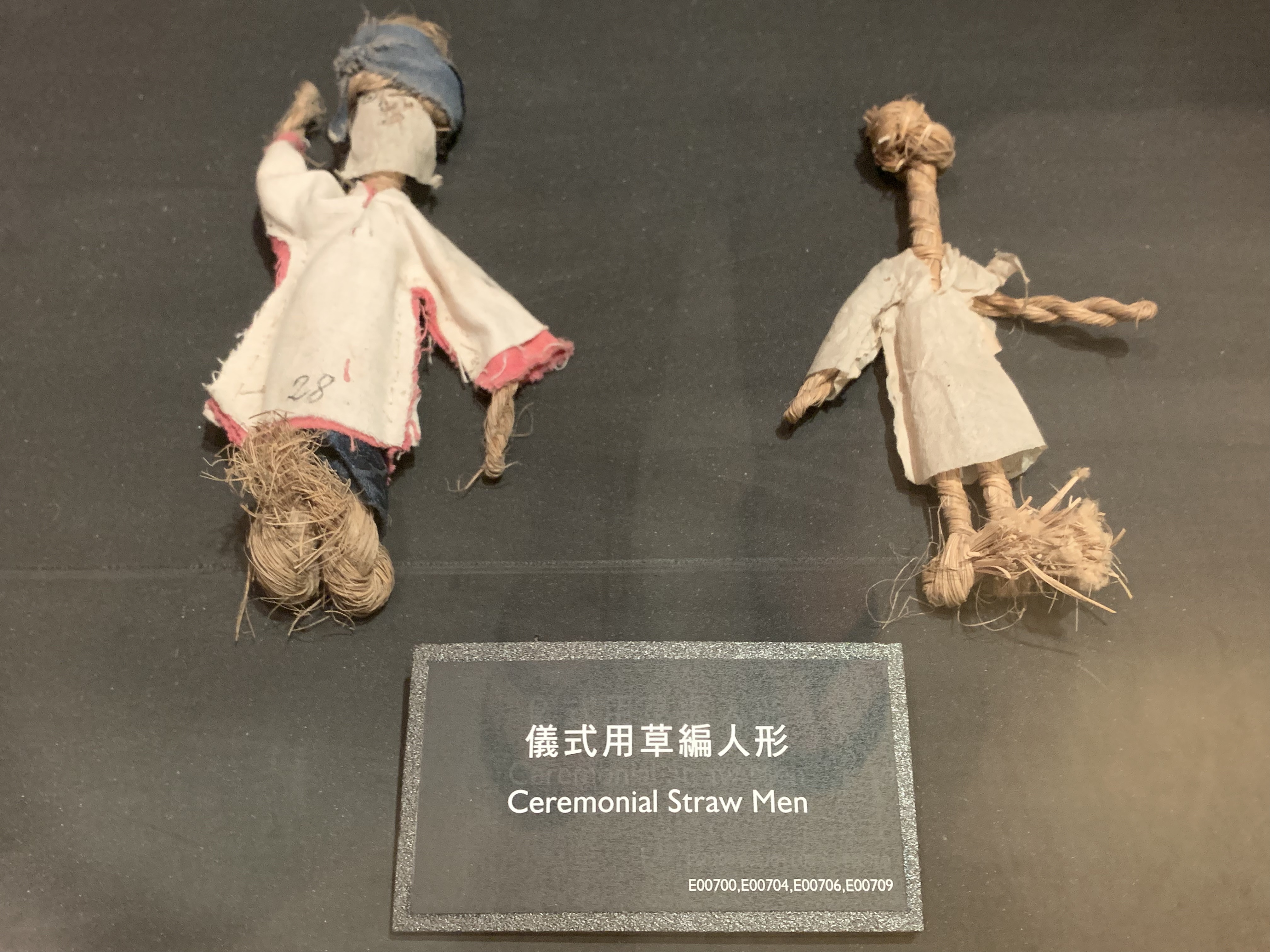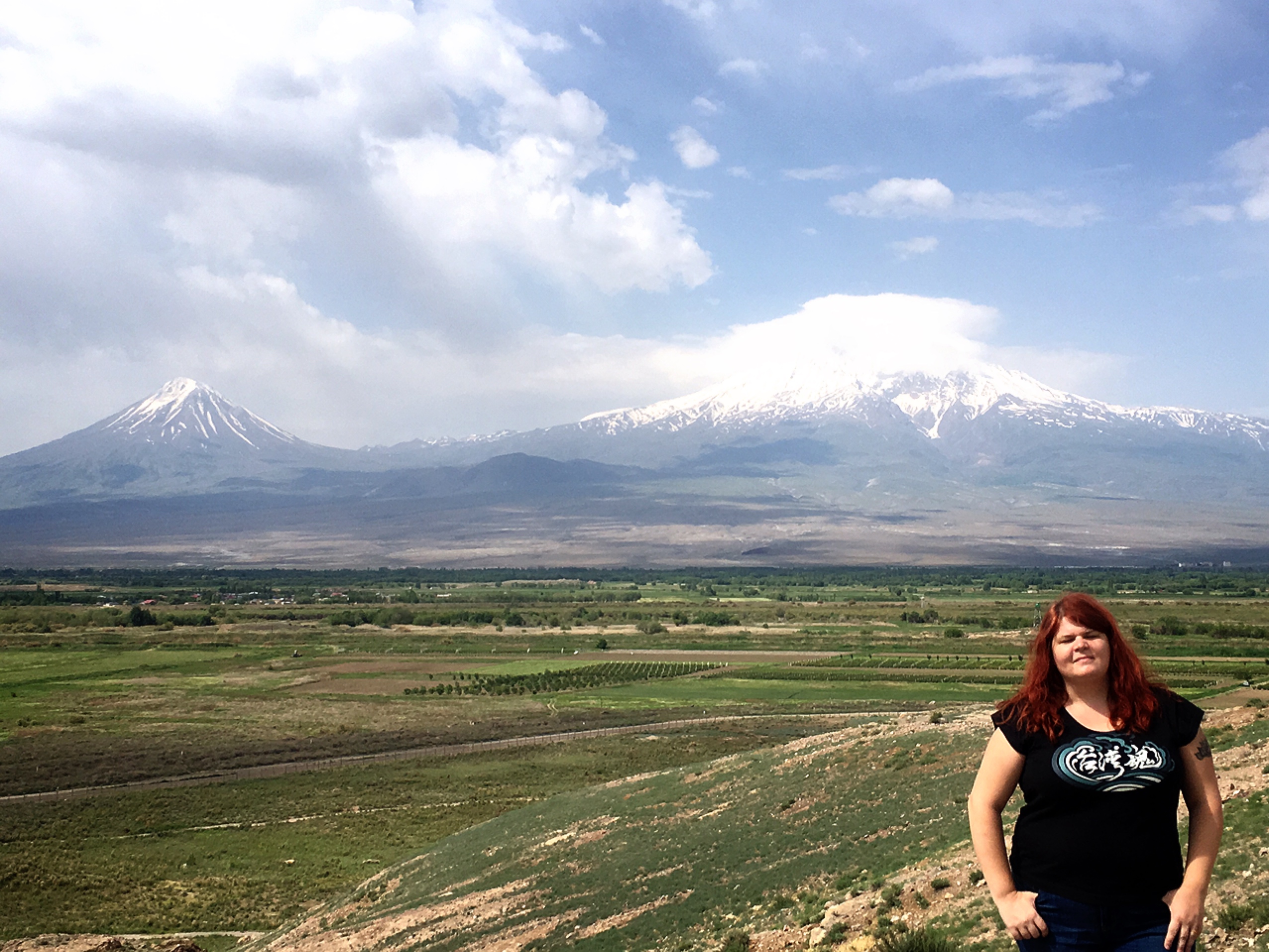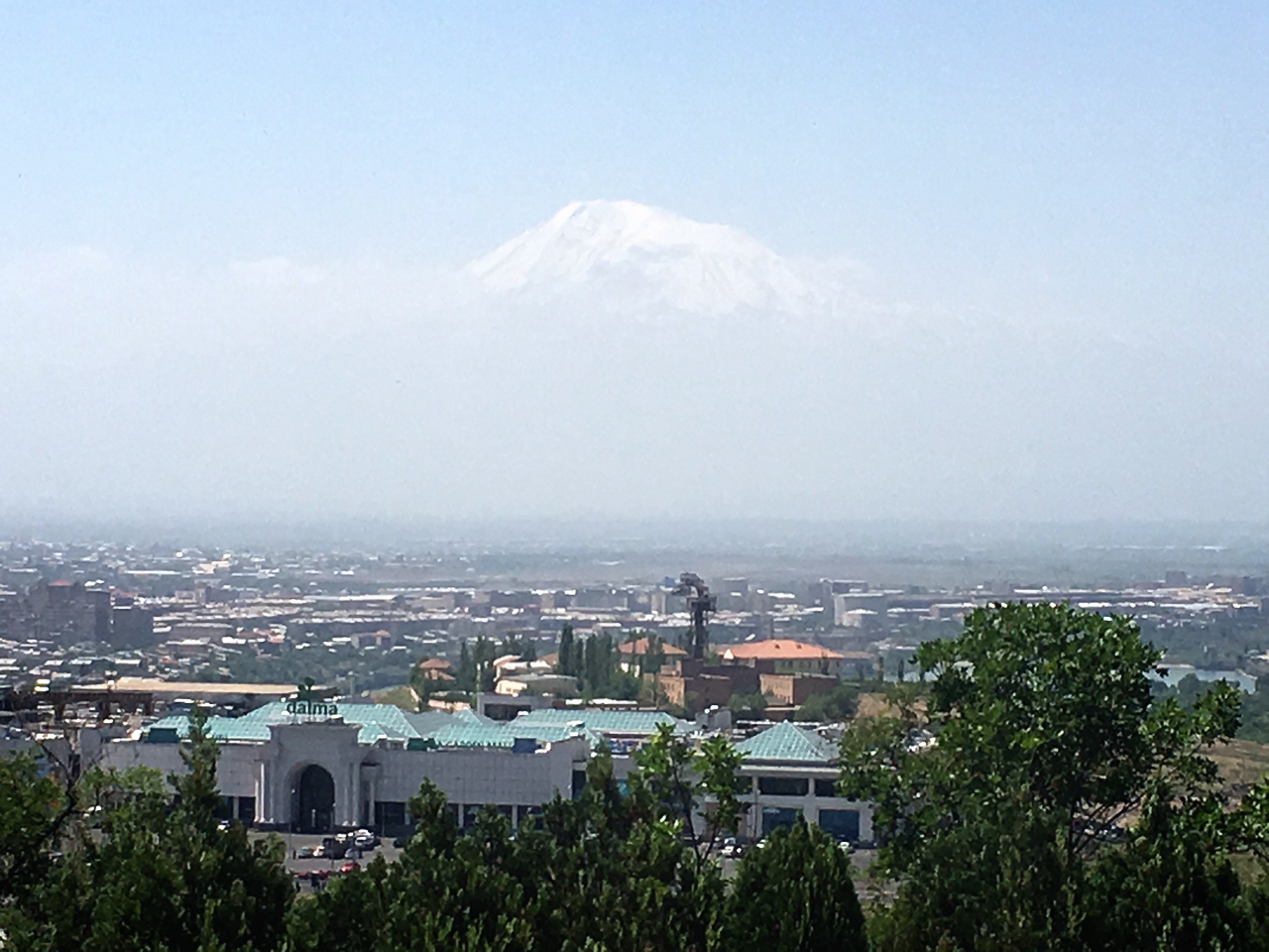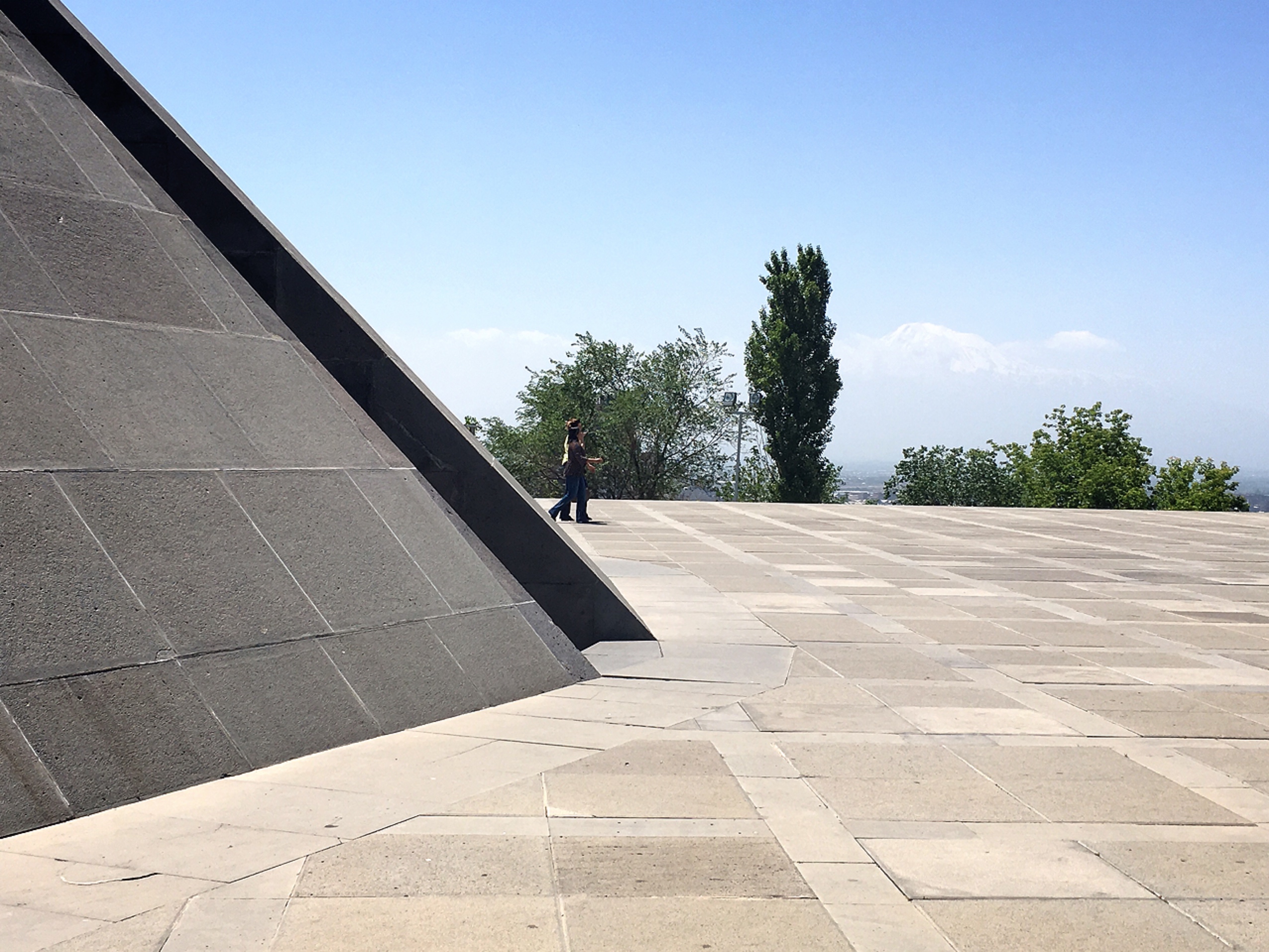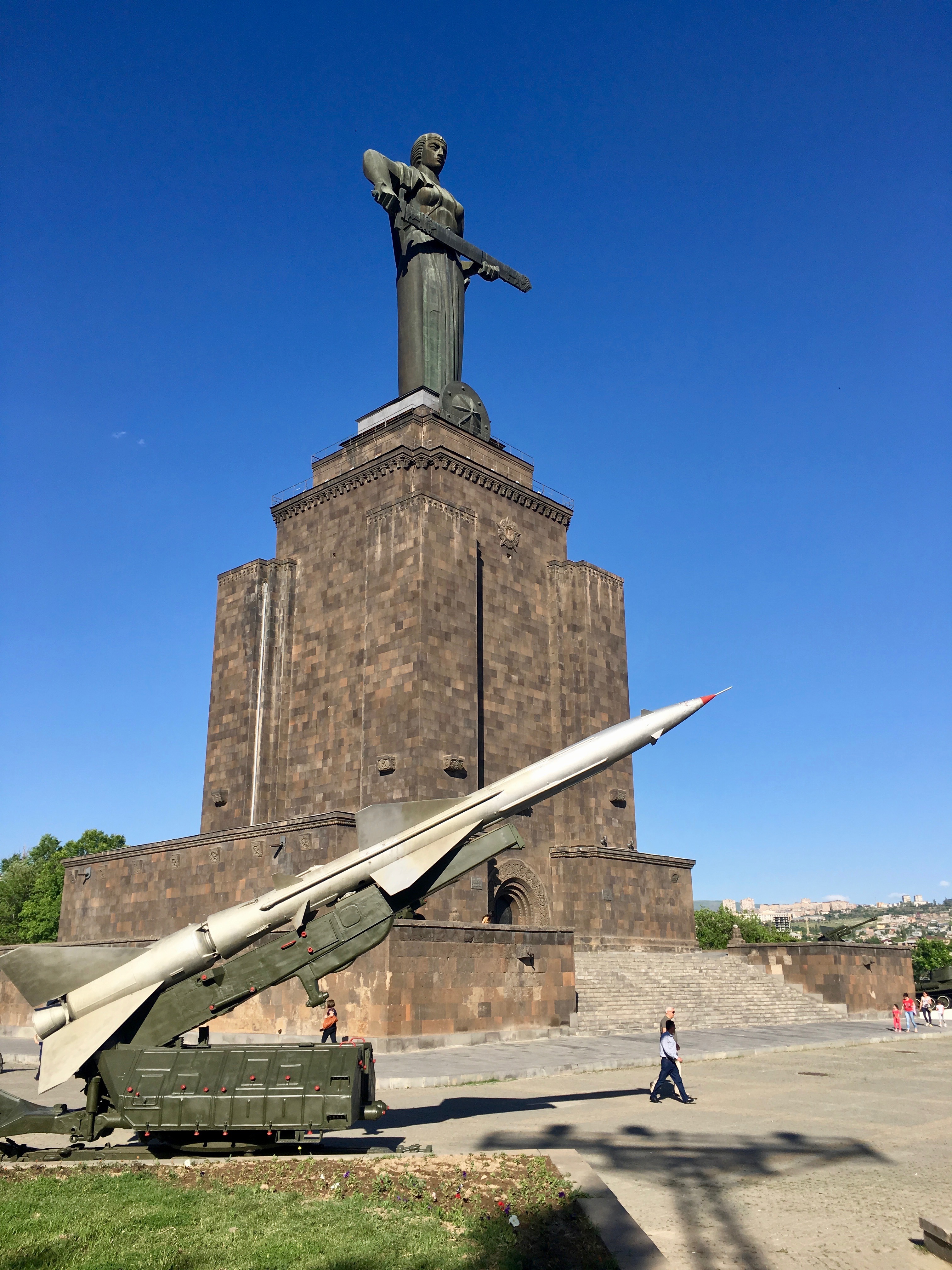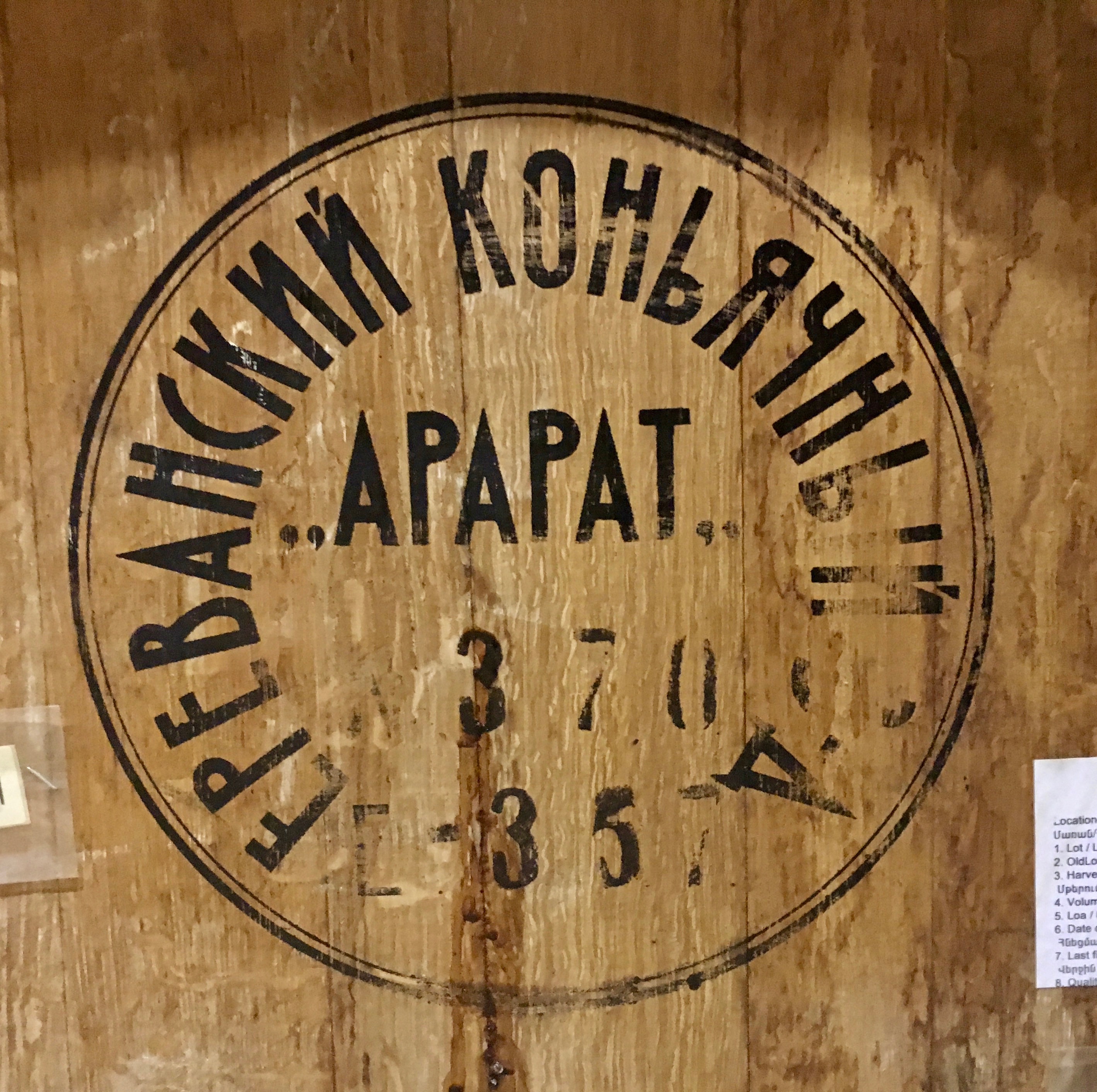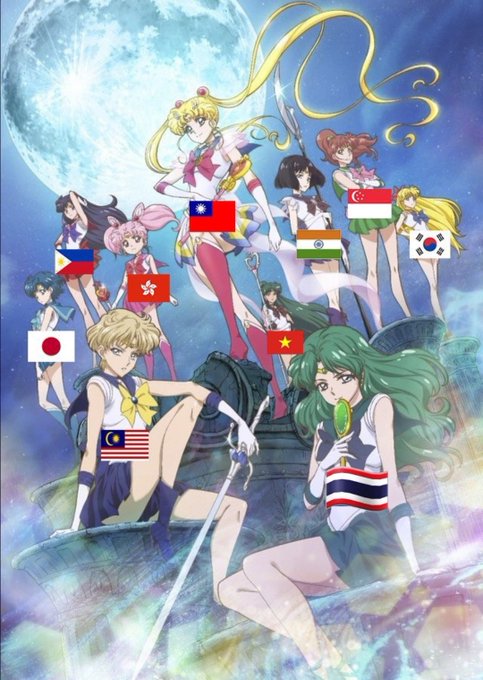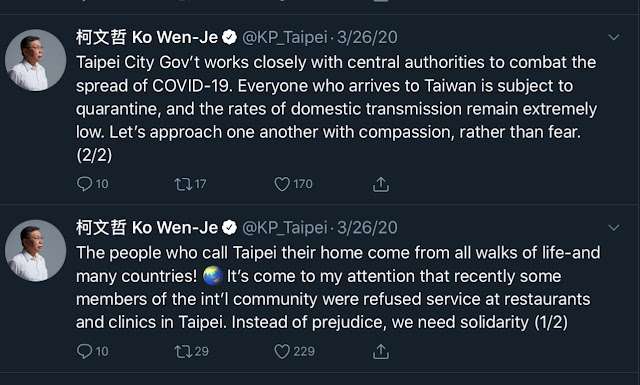
The Ties
You are living on your own, financially independent and managing all of your personal affairs. You were estranged from one of your family members for a while - a step-parent, but they act like they're actually related to you. You didn't talk for years despite living fairly close to one another. You're pretty happy with how successful you've been.
But this step-parent, well, you've had quite a bit more contact over the past few years, and you're starting to remember why you were estranged in the first place: honestly, they're kind of a dick.
For example, they keep insisting that you live with them, because you were forced to crash there for awhile a long time ago. They even keep your old room, and tell people you still live there (even when you did, it didn't really feel like your home). They try to tell you who you are allowed to talk to, and even make plans to renovate your home for you. Although they have a lot of money, parts of their own home are an absolute nightmare and you have no intention of allowing them to touch yours. But they just won't shut up about it, and even threaten to bring in a demolition crew if you don't do what they want. At best, they're deeply emotionally abusive.
But they also have a lot of power in the community - big donations to various projects, tons of connections, friends in high places. To fully disavow them would mean to cut yourself off from everyone else. You've tried talking about it to your friends, and they agree with you, but "don't want any trouble". Among acquaintances, if you say so much as a word against them, you’re shut out of community events. Sometimes people who are really friendly with this relative insist that their version of events is accurate. You're completely flummoxed that nobody else seems to see how crazy this whole situation is.
How does nobody find it weird that they insist I still live in my old room when I clearly don't?
So the best you can do under the circumstances is smile wanly and pretend you don’t hate this person, to keep things friendly with everyone else. When someone insists you and your step-parent must be blood relatives because you share the same surname, you don't respond. You considered changing it once and would still like to, but the last time you brought it up they threatened to set your house on fire.
Publicly, you don’t argue, and you seem happy to keep things the way they are.
In your heart, you are seething.
The best you can do, whenever you get the chance, is to refer to your house and your life and encourage people to call you by your chosen name.
Occasionally, someone will come along and remark that you clearly do want to keep things the way they are, because you aren't aggressively trying to change the situation (at great cost to yourself). You hate this, especially when your well-meaning friends do it, but you keep on smiling and don't contradict them. Technically, it's true.
Some may ask if you plan to "make a decision" about whether to continue on your own or live in that abusive step-parent's house, and you gently point out that you don't need to make a decision because you are already on your own. They say "huh, but how will you ever be independent if you don't choose?"
How am I not already independent? you reply, because you are. Why would I need to declare otherwise?
Defining "independence"
This is why no administration or dominant party in Taiwan has been able to consistently advocate for formal (de jure) independence for Taiwan: China has rendered that impossible. Similarly, the KMT can't advocate for the eventual unification with China that they so clearly desire, because the Taiwanese public will never accept it. On both sides, smaller parties take up harder lines on these issues, but they are unlikely to become major players for a variety of reasons.
What's left is a tussle over the ideas that are still possible to negotiate: what the "status quo" and "independence" really mean. In other words, whether or not the Tsai administration is pro-independence or pro-status quo depends on how you define those terms.
If you define "pro-independence" as "must advocate for formal independence" and the status quo is "not officially pushing for formal independence", then I suppose you can say that Tsai and the DPP are "pro-status quo".
However, there are a lot of other ways to define "pro-independence" - such as deciding that it means you believe the country is already independent.
If you define "independence" as a future state you haven't reached yet, there's not much of a way forward. You are constrained by all of those angry voices who call you a troublemaker and shut you out if you try. But if you define it as the state you are already in - which is technically true - then it not only becomes attainable, but in fact is already attained. Any future changes - such as wider recognition - then bear on the status of your already-existing independence.
This is exactly what Tsai has done.
"We don't have a need to declare ourselves an independent state," the 63-year-old president told the BBC in an exclusive interview, her first since the election. "We are an independent country already and we call ourselves the Republic of China (Taiwan)."
How can anyone say that is not a pro-independence stance? She uses the word “independence” obliquely to describe it.
What she's doing isn't pro-status quo, as it is commonly understood. It's re-defining independence as de facto attained. In this creation of meaning, the status quo is independence.
It also neatly addresses another concern of pro-Taiwan allies: that when we talk about "independence", a lot of people who are not familiar with Taiwan's status take that to mean "independence from the PRC". Then they hear "I'm pro-independence" and think oh, if you want independence it must mean you don't have it yet, which must mean Taiwan is a part of China. Oooh, that sounds like separatism. The media makes separatists sound like bad guys so I don't think I support that.
Explaining how "pro-independence" is supposed to mean "formal independence" - de jure recognition of a status Taiwan already enjoys - often leads to confused looks. Why would you have to fight for a status you already have?
Tsai's defining of "independence" to mean "the status Taiwan already has" is, therefore, a masterstroke. It allows the conversation to move forward to supporting not just independence (which we have) but towards recognition (what we want). That argument isn't possible officially, which is why Tsai isn't making it. But unofficially, she is intentionally laying the groundwork for current activists and future leaders to do so.
In doing this, she leaves just enough room to claim that the Republic of China still exists and that you may call her stance "pro-status quo" if you wish. It’s a game of social constructionism that is, frankly, genius. She is using language to define and construct a shared reality that is palatable to Taiwan, which can be interpreted in different ways to avoid conflict, but is understood by those who need to understand it.
Pushing Ahead
This fascinating language game has allowed Tsai to push further, rhetorically, than any of her predecessors - including Chen Shui-bian, often seen as far more of a pro-independence hardliner. If we compare what Chen said in his inaugural speeches in 2000 and 2004 vis-a-vis the Republic of China, and what Tsai said in her 2020 acceptance speech (she hasn't given a 2020 inaugural address yet), Chen once, and only once, added "Taiwan" to "The Republic of China", whereas Tsai did this with every mention of the Republic of China, a name she invoked less often than Chen in both 2016 and 2020.
Correct me if I'm wrong, but I don't believe that Chen Shui-bian then immediately got on the international news and remarked that Taiwan was "independent" and China must "respect that". Tsai did. Chen didn't acknowledge the 1992 Consensus but I don't think he ever referred to a "Taiwan Consensus". Tsai did - and in fact I believe she invented the term.
She was able to do that. He - as far as I know - was not. She created space to push for Taiwan and call it independent under any name. He could not. Through finding new ways to define reality through careful language choices, she has been able to walk along a precipice that none of her predecessors could even approach.
Under her administration, we may yet succeed in changing the name of China Airlines, and it's possible that Academia Sinica will change its name as well. This will be a bigger success for Taiwan's visibility internationally than any of the name changes Chen initiated (only one of which remains - Freedom Square). If they succeed, the KMT and CCP will certainly take these moves as a challenge to what they see as the status quo. They are helping Tsai set up a situation in which her administration's actions - seen by some as “pro-status quo" - are actually "pro-independence", without her ever having to say so.
In the meantime, officials in her administration have free reign to call Taiwan a “country” or “nation” as often as they please. Here's one example. Here's another:
Ou reiterated Taiwan is a sovereign and independent country.
"China has never ruled Taiwan for one day, and only the popularly elected Taiwan government can represent the country's 23 million people internationally," she said.
Tsai herself does so as well, surely knowing that the international media won’t allow their journalists to throw around those words when referring to Taiwan (opting instead for flaccid terms like “island”, “territory” and - most deflated of all - “place”). But if she says it, they can quote her, and the word “country” makes it into the final copy:
“They don’t like the idea of being threatened all the time. We are a successful democracy … We deserve respect from China,” she said. “We have a separate identity and we’re a country of our own.”
It is absolute genius, and it makes me want to be her best friend and have sleepovers with her where we drink wine and play with cats.
Defining "the status quo"
Let’s consider how all the other sides in this fight define "status quo".
If you go by international treaties, the "status quo" means that Taiwan's status is undetermined. No binding treaty ever addresses it. Even if you believe that the declarations of Cairo and Potsdam are binding (they're not), through a post-colonial lens, they're still not valid: the Republic of China had never governed Taiwan at that point, so Chiang Kai-shek's desire to control it is just another form of imperialism.
Tsai clearly doesn't adhere to that definition, as she has assigned a status to Taiwan: as already independent. There's nothing undetermined about it.
If you go by another rubric of how a country is defined - that it has a government, contiguous territory, a currency, a military etc. - what you get is a de facto nation, like Taiwan. This is closest to what Tsai is trying to express: that de facto independence is still a form of independence, and is sufficient grounds to push the meaning of "status quo" in a Taiwanese context from 'undetermined' to 'determined, awaiting recognition'.
Then, there is how pro-China forces define "the status quo". To the KMT, "the status quo" means "Taiwan's status is undetermined, but we respect the 1992 Consensus...with different interpretations". Considering that realistically, the Republic of China will never govern all of "China", this is a fancy way of being a unificationist. The KMT insists that this is open to interpretation, an assertion that the CCP has never agreed to.
Ma Ying-jeou spent 8 long years insisting that such a position could be credibly called the "status quo". Notably, nobody from his own side attacked him for that, because they all understood that "the status quo" meant "Taiwan's current status is unclear but its fate is ultimately Chinese". Handed Tsai's re-jiggering of "status quo", a definition co-constructed with her supporters (that is, the closest thing we have to a consensus of Taiwanese citizens), neither Ma, nor the KMT, nor the CCP would call it anything close to the "status quo" as they see it. To them, that's a push for independence, and they will angrily say so at any opportunity.
What they don't realize is that this helps Tsai in her creation of meaning through language that Taiwan's current status can be described as "independent". The perlocutionary effect of her words lands in part because it has been validated by the opposition. By insisting their definition of “the status quo” is the only valid one, and Tsai's is in fact a pro-independence stance, they are helping to co-create the idea that the status quo, if defined in another way, can be called independence.
Clearly, there is no objective definition of "status quo" (or "independence") that a neutral observer can point to and say that this or that Taiwanese leader does or does not advocate for it. If the meanings of these terms are not necessarily fixed, then the interrelationship between them can't be so easily defined or interpreted, either. You can't insist that there is only a reality in which Taiwan is not already independent (because it is not formally so), when the daily experience of people in Taiwan clearly show that there is a reality in which it is (because it acts that way, regardless of how it is treated by others).
The Use and Utility of "The Republic of China"
As for keeping the name "Republic of China", every president (even Chen) has been pushed by circumstance to give it a little lip service.
Let's talk about Tsai's strategic deployment of the words "Republic of China": it offers smooth rhetoric on which the KMT can find little or no purchase from where they might attack her. It ensures that the CCP can't use "abrogating the claim to being part of 'China'" as a pretext for a declaration of war (of course, they're going to do what they want to do anyway, but it's best not to give them excuses).
If you understand her use of "Republic of China" to mean that she actually believes that it not only is but should be Taiwan's name, you could call her "pro-status quo". But here's how I've come to see it: a statement of fact, that "Republic of China" is the official name of this country, without making any statement about whether or not it should be.
Some might take this as being huadu (華獨) or "pro-independence as the Republic of China". I don't. This is partly because it's pretty clear that Tsai doesn't actually think that "independent Republic of China" is the best future for Taiwan, which her supporters clearly understand as well. And it’s partly because I see her intention in her slightly contradictory choice of words.
(There is a whole discussion we can have here about “independence” being “independence from the ROC colonial system”, but that’s a topic on its own - when creating narratives and defining Taiwan for an international audience who might not be deeply knowledgeable about or interested in Taiwan’s situation, that’s an issue best kept to domestic debate.)
I read a lot of advice columnists, and this is one piece of advice I keep coming across: when you have to say something, and you can't give any genuine praise but don't want to lie, say something which is factually true. If your aunt is showing you her new house, say "oh wow, wall-to-wall carpets!" She doesn't need to know that you hate wall-to-wall carpets.
"...we call ourselves the Republic of China" is the "oh wow, wall-to-wall carpets!" of political talk. It is not only intended to acknowledge the current existence of a government called "The Republic of China", but also as a necessary conjunction: creating space so that the words "independent country" may also be spoken.
Tsai's 3D Chess
With all that in mind, which do you think is more likely: that Tsai actually believes that the status quo is what's best for Taiwan, and the name of this country should be "The Republic of China", or that she's choosing the most realistic, pragmatic path to advocating for independence available to her? Given the constraints of Taiwan's situation both domestically (KMT attacks) and internationally (PRC threats), given her careful choice of words and given what we know pro-independence Taiwanese believe, it's risible to credibly claim the former.
She sees that the hard-line "independence" fight simply cannot be waged right now. So rather than gaze helplessly at a dense thicket she cannot enter, she's making a new path into the woods by re-defining the terms available to her: the status quo not as "Taiwan's status is undetermined" (which much of the world quietly believes) nor as "Taiwan is a part of China but unification will take time" (which is what both the PRC and the KMT believe), but "the status quo is independence, because the people see their country as independent, and in fact we are de facto independent."
That is a valid pro-independence stance.
It's also a type of doublespeak: she's hewing close enough to the "status quo" shibboleths that China insists on (and then rattles their sabers anyway just because they don't like her), while making it clear to everyone else that Taiwan is a country.
This is also in line with how she approaches issues more generally. While I don't fully sign off on her strategy to get marriage equality passed in Taiwan, the tactics were quite clear: play it safe, lay low, and then BAM! Same sex marriage. Say nothing at all about the 1992 Consensus, merely acknowledging that "meetings took place" in that year, and then when Xi starts rattling his saber about it, BAM! Taiwan Consensus. She takes some heat for several rounds of confusing changes to labor laws and appears to mostly be listening to business rather than workers, but BAM! has quietly raised the minimum wage more than her predecessors in just four years. She didn't say a thing about the issues inherent to tourism from China. She didn't want those tourists nor the economic weapon they represented - most of us didn't. Then BAM! China changes the policy on their own, as she knew they would. She presents herself as a slow-acting, overcautious, ho-hum centrist, and then BAM! The DPP has been quietly filled with young progressives and the socially conservative old guard has broken off to form their own irrelevant party.
Taken through that lens, Taiwan's careful word choice and officially leaving the independence question alone while unofficially acting as though the question has already been answered - which it has - is a way of advocating for independence that can't exist if "pro-independence" must mean "actively advocating for formal recognition".
If you still want to believe that her stance is a "pro-status quo" one, you can. There is room in how these terms can be defined for that viewpoint. But I would suggest that your chosen definitions are so narrow that they create further constraints on what Taiwanese leaders can do. Taiwan already has enough constraints to navigate, which Tsai has worked hard to loosen. Why add more?

